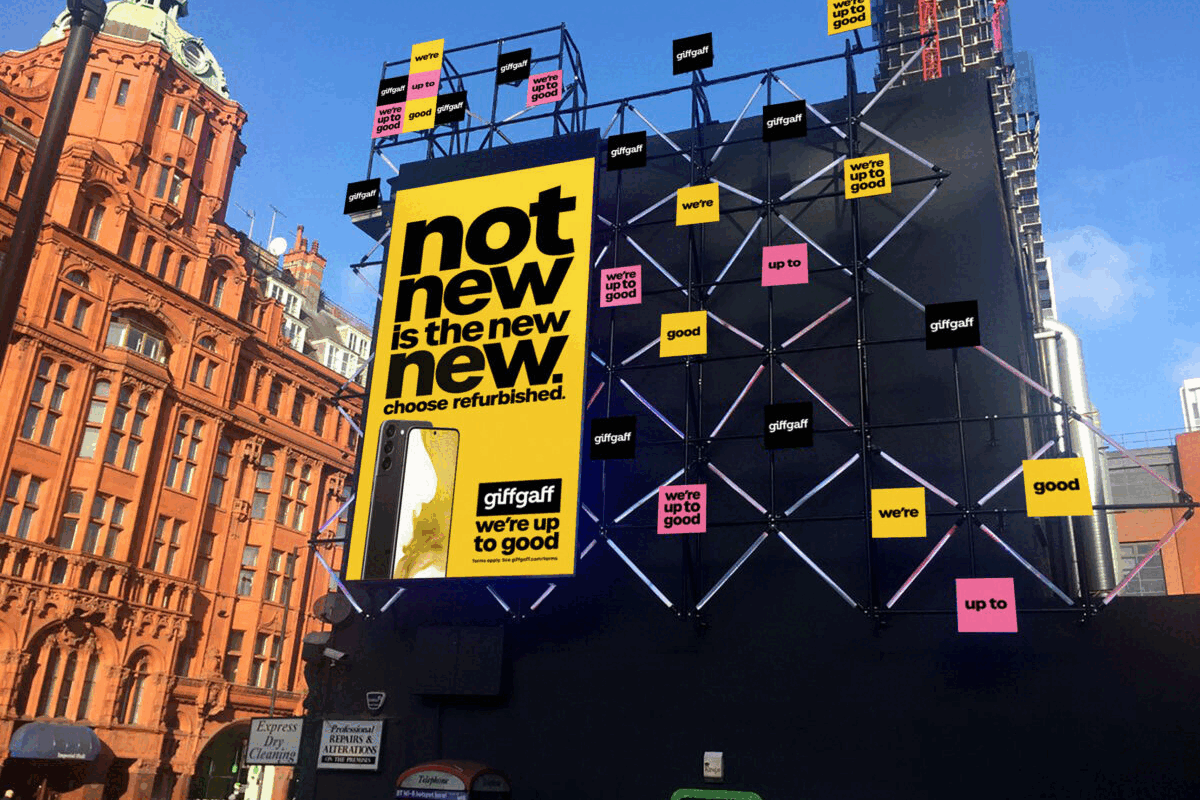2013: The Years Biggest Acquisitions
- Friday, December 20th, 2013
- Share this article:
With the year drawing to a close, we here at Mobile Marketing Towers have been getting nostalgic about the best – and worst – the past 12 months have had to offer. So we conducted a straw poll of our editorial team, and asked each hack to choose the most memorable story, trend and acquisition of the year just gone.
Weve already chosen our biggest stories and trends, but today we’re concentrating on what industry trends we saw emerging this year.
David Murphy
Twitter’s September acquisition of MoPub, for a figure widely reported to (though never confirmed) to be $350m in Twitter stock, might not have been the one many people were expecting. But it proves Twitter’s commitment to making money from mobile, and also shows that it had done its homework before making its move.
Twitter was already making money from mobile advertising, in fact. As long ago as June 2012, the Wall Street Journal reported that on most days, Twitter was generating the majority of its advertising revenue from ads viewed on mobile devices, rather than on desktop PCs, since mobile users are more likely to click on a Twitter ad than PC users.
So why did Twitter need MoPub? It’s probably best explained by what Twitter said in its blog post announcing the deal:
“The two major trends in the ad world right now are the rapid consumer shift toward mobile usage, and the industry shift to programmatic buying. Twitter sits at the intersection of these, and we think by bringing MoPub’s technology and team to Twitter, we can further drive these trends for the benefit of consumers, advertisers, and agencies.”
Data is the new gold in advertising. (It’s probably the old gold too.) All advertisers want to serve their ads to the people most likely to want to see them, which is why retargeting – the practice of serving an ad for something to a web user who has previously shown in interest in that product, perhaps by looking at it on an eCommerce website – has become so popular.
But as Antonio Garcia, who created Facebook Exchange, noted in a blog post (and as anyone working in mobile advertising would already realise), retargeting is fine on PCs but much more difficult to achieve on mobile. Twitter, though, is one of the few companies with the technical capability to do this by identifying the same user logging in to their Twitter account on multiple devices, including their PC, their smartphone and their tablet.
On top of this, ads can be targeted at the user not only based on the websites they have visited, but on what they do on Twitter – who they follow, what they tweet or retweet – reveals about them.
So as an advertiser, you can identify an individual user, whether they are on a PC, smartphone or tablet, carry on identifying them when they move from one device to another, and serve them ads whose relevance is based on their online behaviour.
And since MoPub has its own publisher network, Twitter can use this to target Twitter users with relevant ads when they are browsing other mobile sites and apps. In fact, MoPub introduced a native advertising solution for its publishers just last week.
Seen in this light, Twitter’s acquisition of MoPub not only makes sense, but, it could be argued, could rewrites the mobile advertising rulebook.
Alex Spencer
 Microsoft buying Nokias Devices & Services
Microsoft buying Nokias Devices & Services
For my money, Microsoft paying €3.79bn (£3.2bn) for Nokia’s mobile phone business in September was the single most surprising piece of news from the last 12 months.
It probably shouldnt have come as such a shock, given the shift in Nokias fortunes in the decade since, and the increasingly close relationship between the two companies. But as someone whose first mobile phone – and second, and probably third – was a Nokia handset, its still a little difficult to imagine the former king of the OEMs no longer existing, at least in any recognisable form.
Thats partially because were yet to see the effects of the deal, which doesnt fully go through until Q1 next year, meaning its still not clear how Microsoft will handle the transition, how it will communicate the rebranding to consumers or what it means for its existing device brands, like the Surface.
In the meantime, Nokia seems to have done a good job of strengthening the Lumia brand. Global Windows Phone shipments were up 156 per cent year-on-year during Q3, according to IDC figures, with 93.2 per cent of those coming from Nokia devices.
However, the OS still only holds a market share of 3.6 per cent, and appears to be an afterthought for most app developers. Name an app, and theres a chance it still hasnt made the leap – and when it finally does, if the Instagram launch is anything to go by, it may well be missing some of its key features.
With BlackBerry seemingly out of the race, Windows Phone has cemented its position as the third biggest mobile OS. When the acquisition closes next year, Microsoft has its best chance yet at building on that and posing some challenge to the lofty positions of Android and iOS – whether it can deliver on that is another matter.
Kirsty Styles
Apple’s $200m buyout of Topsy, one of the ‘firehose’ companies with direct access into Twitter’s endless stream of content, finally seals big data’s position as 2013’s most tappable resource – not simply a buzzword.
Apart from having access to something that Google currently hasn’t, it’s been touted that Apple will use the data to inform sales and marketing across its entire business.
In terms of digital products, placement of apps, films, books and music in its relevant stores could be informed by social chatter. The iAd advertising network, which now includes iRadio ads, could also use Topsy data to sell inventory based on trends happening in real-time on Twitter.
Looking to the physical world, rival social data company Datasift, which just got its own $42m investment, worked with Dell to help improve both its products features and its ultimate marketing campaigns based on social feedback. In an increasingly competitive device landscape, with PC sales dropping off a cliff, Apple may have to swallow its pride and do the same.
Some Apple users are getting fed up with apparent planned obsolescence of the companys products, its minor but expensive iterations and general heavy tactics to keep you interested.
Hopefully, Apple wont be using the data to identify iOS haters, go round their houses and personally wipe out the threat of competition. But, with Twitter making a range of moves towards precise location targeting, Im just saying: its a possibility.



















